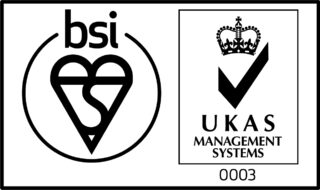New research confirm UK potential to lead the world in sustainable aviation fuel production.

New research by industry coalition Sustainable Aviation confirms that the UK could be home to up to 14 sustainable aviation fuel (SAF) production facilities in areas across the country, making it a world leader in clean aviation technology – and the Humber is one of them.
The Humber area is one of the largest emitters and boasts a number of projects including the CATCH joint bid with the Humber LEP for a cluster plan to accelerate the green recovery, including identifying opportunities for inward investment and those looking to diversify to take advantage of low carbon infrastructure. It will also support the UK leadership of decarbonisation technologies and the creation of local jobs and supply chain. The project will also shine a light on other major regional initiatives such as the cutting edge zero carbon energy park in North East Lincolnshire, the Zero Carbon Humber project, plus the new CATCH networks for Industrial Decarbonisation and Hydrogen.





